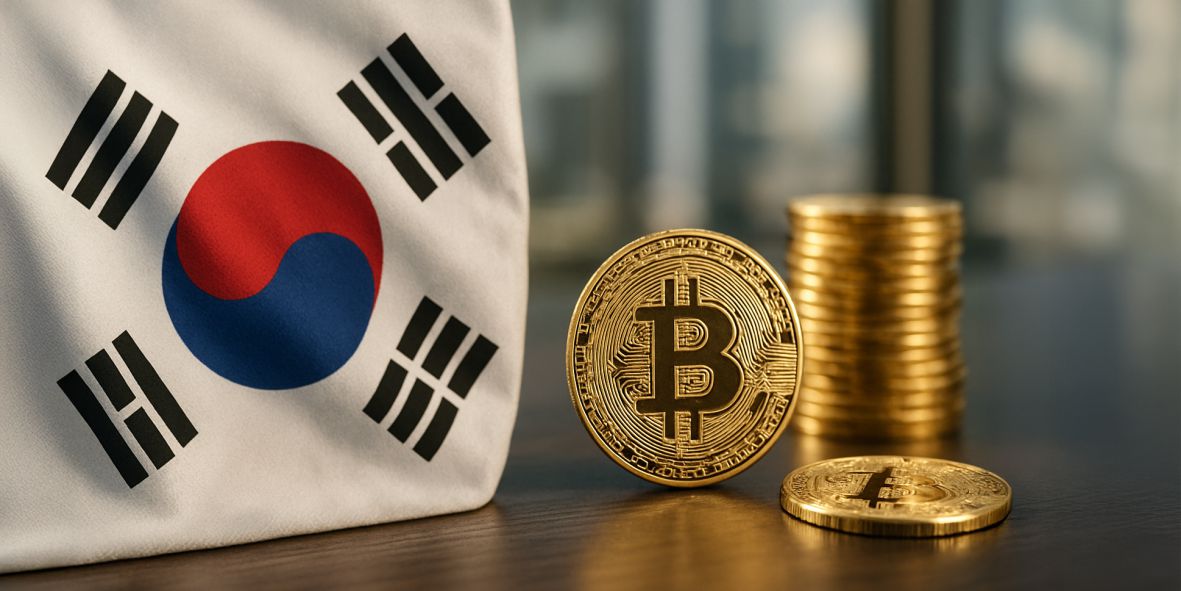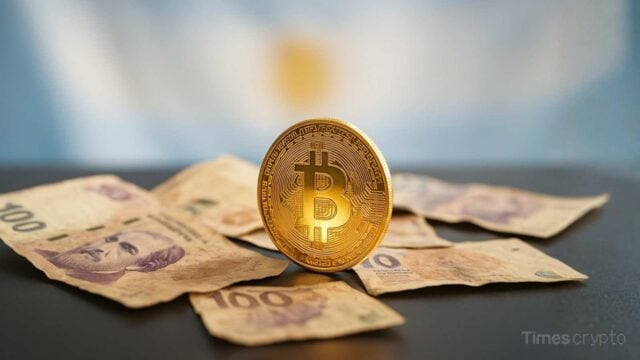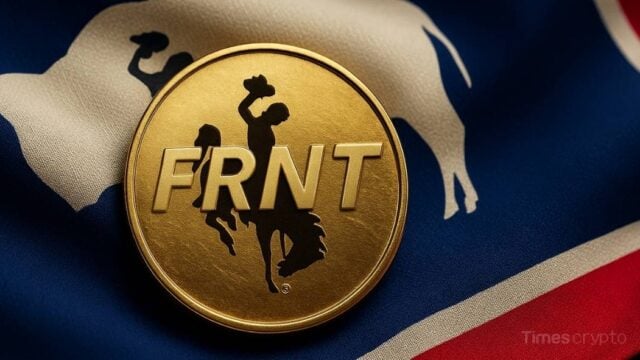Key takeaways
- South Korean opposition leader Lee Jae-myung is calling for a domestically issued stablecoin pegged to the Korean won to enhance financial sovereignty
- Lee’s digital asset strategy — which includes legalizing spot crypto ETFs and allowing institutional crypto investments — is gaining bipartisan support, with similar views echoed by some ruling party figures
- Financial experts caution that introducing stablecoins may disrupt traditional monetary policy, potentially transferring monetary control from the central bank to private issuers
- The Democratic Party launched a Digital Asset Committee to shape South Korea’s crypto regulation, prioritizing stablecoin frameworks and improved regulatory clarity
- South Korea’s Financial Services Commission is set to roll out significant reforms in June, including stricter rules on token listings
South Korean opposition leader Lee Jae-myung is pushing for the launch of a Korean won-pegged stablecoin as part of a broader effort to strengthen the nation’s financial independence and stem capital outflows. Speaking at a recent policy forum, the Democratic Party head argued that reliance on foreign stablecoins like USDT and USDC threatens South Korea’s financial autonomy.
“We need to establish a KRW-pegged stablecoin market to prevent national wealth from leaking overseas,” Lee said, criticizing existing laws that prohibit the issuance of domestic stablecoins as outdated.
According to The Korea Herald, South Korean crypto exchanges saw 56.8 trillion won ($40.8 billion) in asset outflows between January and March, with nearly half involving foreign stablecoins.
Broader Crypto Strategy Gains Momentum
Lee’s stablecoin proposal is a key pillar of his digital asset agenda. His broader plan includes legalizing spot cryptocurrency exchange-traded funds (ETFs) and allowing major institutions, including the National Pension Fund, to invest in crypto under regulated conditions.
He also advocates for reduced transaction fees and a centralized monitoring system to ensure transparency and safeguard investor interests.
Notably, Lee’s stance echoes that of Kim Moon-soo from the ruling People Power Party, who also supports the legalization of spot crypto ETFs. The alignment across party lines signals growing bipartisan support for integrating digital assets into South Korea’s mainstream financial system.
Experts Sound Caution Over Monetary Policy Risks
Despite political backing, some experts remain skeptical. Shin Bo-sung, a senior researcher at the Korea Capital Market Institute, warned that stablecoins could undermine monetary policy.
“Stablecoins are essentially another form of banking, creating money out of nothing,” Shin said. “We risk shifting monetary control from the central bank to private entities.”
New Digital Asset Committee Charts Regulatory Roadmap
In response to the evolving crypto landscape, the Democratic Party recently launched a “Digital Asset Committee” to coordinate regulation and industry support. At its inaugural meeting on May 13, the committee prioritized building a framework for stablecoins and enhancing regulatory clarity.
FSC Rolls Out Sweeping Crypto Reforms
Meanwhile, the Financial Services Commission (FSC), South Korea’s top financial regulator, announced major reforms set to begin in June. These include allowing non-profit organizations and exchanges to sell cryptocurrency under strict governance and transparency standards.
Non-profits will be permitted to liquidate donated crypto assets, while exchanges can offload a portion of their holdings, provided they comply with anti-money laundering (AML) requirements.
Additionally, the FSC plans to tighten token listing rules. The reforms mandate the delisting of inactive “zombie coins” and introduce stricter criteria for memecoins. Enhanced Know Your Customer (KYC) and AML protocols will also apply to institutional investors and crypto donations.
From Crypto Crackdown to Controlled Inclusion
The new measures mark a sharp turn from the government’s 2017 crackdown, which largely sidelined institutional participation. Today, South Korea is laying the groundwork for a more inclusive and tightly regulated digital asset ecosystem, positioning itself as a regional leader in the next wave of global crypto adoption.







